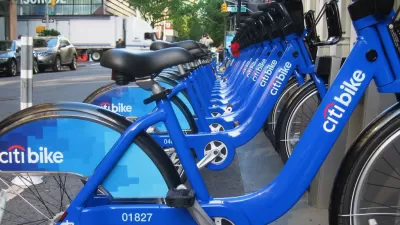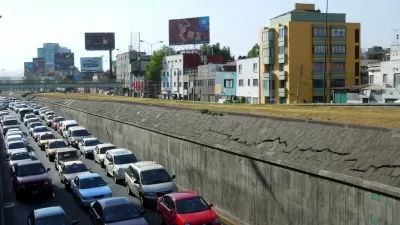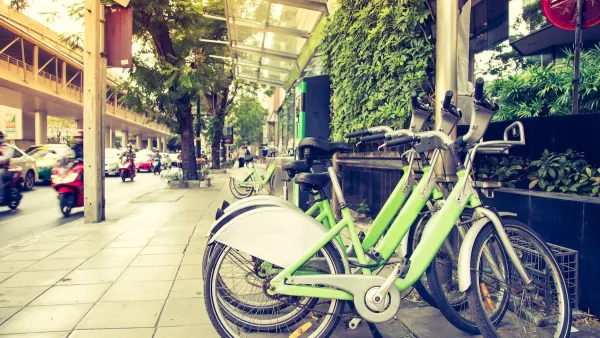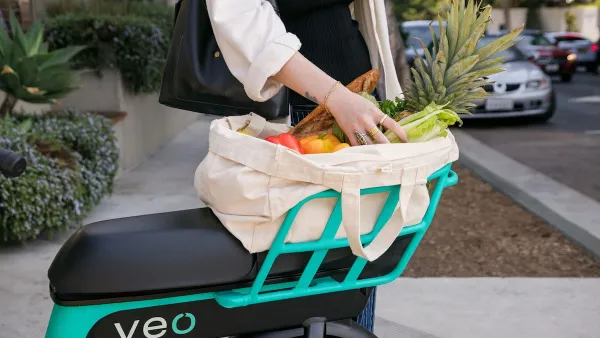Thriving bike share systems in DC and NYC are models for success. But other cities have struggled to create sustainable systems (DC's first effort failed, in fact). A new report offers a comprehensive guide to establishing bike share in your town.

The Institute for Transportation and Development Policy (ITDP) has recently published The Bike-Share Planning Guide, a comprehensive and well researched report that examines many of the 600 bike-share systems from around the world to establish best practices for everything from how to conduct a feasibility study to how to develop a sustainable financial model.
In an infographic summarizing their work, ITDP details the top five components of a successful system:
- Station Density
- Bikes per Resident
- Coverage Area
- Quality Bikes
- Easy-to-Use Stations
FULL STORY: Why do some bike-share systems succeed and others fail? The Bike-Sharing Planning Guide explains

Maui's Vacation Rental Debate Turns Ugly
Verbal attacks, misinformation campaigns and fistfights plague a high-stakes debate to convert thousands of vacation rentals into long-term housing.

Planetizen Federal Action Tracker
A weekly monitor of how Trump’s orders and actions are impacting planners and planning in America.

Chicago’s Ghost Rails
Just beneath the surface of the modern city lie the remnants of its expansive early 20th-century streetcar system.

Bend, Oregon Zoning Reforms Prioritize Small-Scale Housing
The city altered its zoning code to allow multi-family housing and eliminated parking mandates citywide.

Amtrak Cutting Jobs, Funding to High-Speed Rail
The agency plans to cut 10 percent of its workforce and has confirmed it will not fund new high-speed rail projects.

LA Denies Basic Services to Unhoused Residents
The city has repeatedly failed to respond to requests for trash pickup at encampment sites, and eliminated a program that provided mobile showers and toilets.
Urban Design for Planners 1: Software Tools
This six-course series explores essential urban design concepts using open source software and equips planners with the tools they need to participate fully in the urban design process.
Planning for Universal Design
Learn the tools for implementing Universal Design in planning regulations.
planning NEXT
Appalachian Highlands Housing Partners
Mpact (founded as Rail~Volution)
City of Camden Redevelopment Agency
City of Astoria
City of Portland
City of Laramie





























